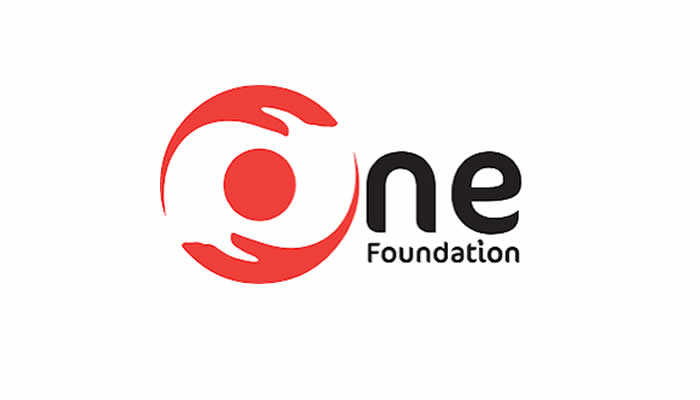Top leaders from Nigeria’s private sector, development partners, and government have come together to push for faster action to meet the Sustainable Development Goals (SDGs) before the 2030 deadline. The event, a CEO Roundtable, was organised by the United Nations Global Compact Network Nigeria, Sterling One Foundation, and the United Nations in Nigeria. It was held to discuss how Nigeria can make real progress in the remaining five years of the global development agenda.
The SDGs were adopted by all United Nations member states in 2015 to guide efforts in achieving peace, prosperity, and sustainability for all people and the planet. However, many of these goals are still far from being achieved. According to the UN, only 17% of the targets are currently on track globally. This is due to many overlapping issues such as poverty, inequality, economic struggles, and climate change.
The roundtable discussions were centred on six major areas where urgent improvements can bring fast and widespread results. These are food systems, energy access, digital connectivity, education, jobs and social protection, and climate resilience.
Sterling One Foundation CEO, Olapeju Ibekwe, welcomed participants with a call for immediate and bold action. She stressed the need for businesses to invest more in projects that can truly touch lives and improve communities. “We are at a critical point, just a few years away from 2030. Millions of people are still living in poverty and facing the effects of climate change and economic hardship. We need to act now,” she said.
Executive Director of the UN Global Compact Network Nigeria, Naomi Nwokolo, also spoke at the forum. She explained that aligning business operations with the SDGs is not just about doing good—it makes business sense too. “Accelerating SDG implementation is important for business success in the long term,” she said. She encouraged companies to take the six transition pathways seriously and explore new ways to innovate and grow while helping to build a better society.
One of the key voices at the event was Bola Adesola, Chairman of Ecobank Nigeria and former UN Global Compact Board member. She challenged other business leaders to take the lead in building sustainable food systems, adopting clean energy, and supporting climate action. Adesola urged companies to think about the legacy they are leaving behind, noting that true leadership means taking responsibility and driving meaningful change. “The time to act is now. Let’s rescue the SDGs by making them a part of our business culture,” she said.
Government support also came in from Taiwo Oyedele, Chairman of the Presidential Fiscal Policy and Tax Reform Committee. Speaking via video, Oyedele revealed that Nigeria’s new national fiscal policy would include a section dedicated to the SDGs. He called for a new way of measuring national success, arguing that governments should pay more attention to SDG performance than just GDP numbers. “GDP doesn’t tell us if people are getting out of poverty,” he said. He proposed a global SDG ranking to encourage countries to compete in sustainable development.
Oyedele added that his committee is currently working on removing fiscal barriers that slow down progress in the six key areas. This means designing better policies and ensuring funding goes where it’s needed most.
The United Nations also reaffirmed its commitment to working with the private sector and government to deliver the SDGs. Mohamed Fall, the UN Resident and Humanitarian Coordinator in Nigeria, said the key to meeting the goals lies in strong local partnerships. “It’s about taking action together, not just globally but here at home,” he said. He encouraged businesses to integrate SDGs into their operations, supply chains, and investments.
The event ended with a shared understanding that the time for planning is over. What is needed now is urgent, coordinated action to put the SDGs back on track. From clean energy and digital access to job creation and food security, leaders at the roundtable agreed that every step counts.
As Nigeria races against time to meet the 2030 deadline, it is clear that collaboration between the government, private sector, and international partners will be essential. The message was loud and clear: the future of sustainable development depends on what we do today.
